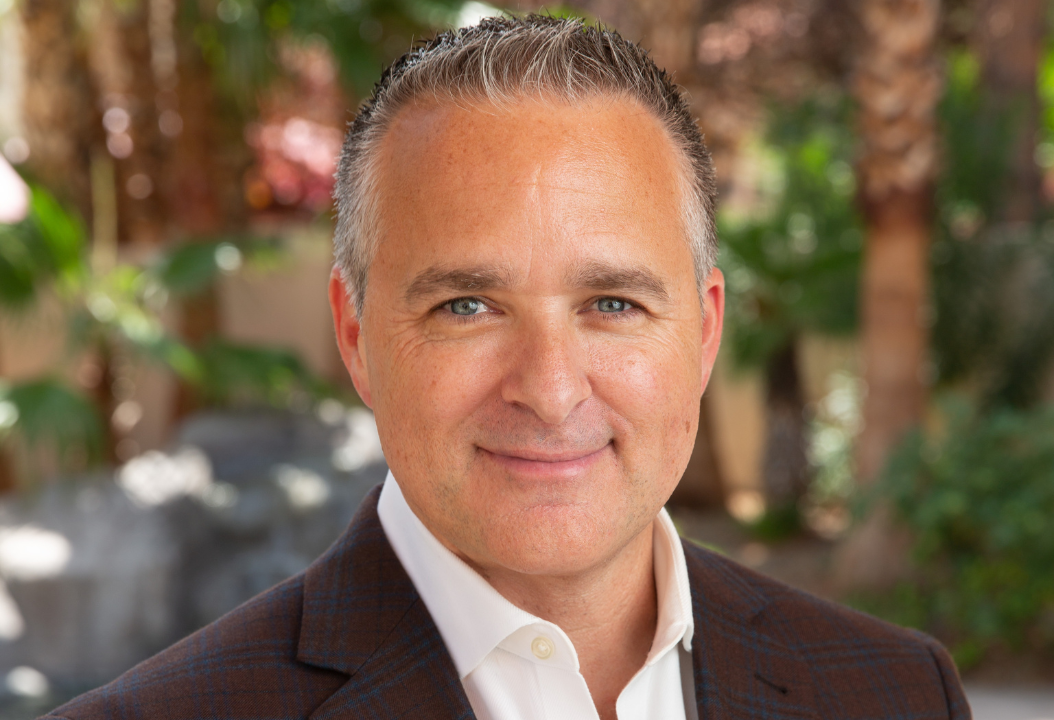This article is written by Troy Reierson, CEO of Berkshire Hathaway HomeServices Arizona, California and Nevada Properties.
In the dynamic world of real estate, success is often measured in numbers - deals closed, properties sold, profits made. But beneath the surface of these metrics lies a vital force that drives a company's true achievements - its culture. As I reflect on my journey in the real estate industry, I've come to realize that culture isn't just a buzzword; it's the heartbeat of an organization. Show me an organization with no culture, and I will show you an organization that is black and white, yet to move to color.
Early in my career, I had the opportunity to witness firsthand the profound impact of company culture. In a previous position, I found myself in an environment where culture fell short. Ethical dilemmas went unaddressed, problems remained unresolved, and I felt my voice wasn't heard or valued. I realized I didn't want to be part of such a company. It was a pivotal moment that made me realign my values and dig into the type of company I wanted to be a part of.
While the organization continued to work and be somewhat successful, it taught me that a company may survive with a subpar culture, but it won't thrive. It won't attract and retain top talent, and the shortcomings of its culture will overshadow any accomplishments.
Later on, I joined an organization that welcomed my input and fostered opportunities for me to succeed. I trusted the people I worked with, and they trusted me. The difference was stark. I felt heard, valued, and empowered. I grew in my role because of the culture that the leaders around me cultivated, and I learned what type of leader I hoped to become.
I’ve come to understand that culture isn't something I (or any boss) can define; rather, it's defined by the individuals within the company. No matter how large or influential an organization may be, it all boils down to people. It's a simple truth that can't be ignored.
Yet, finding a company where your values align isn't always easy. Realtors spend their entire lives helping other people, so sometimes what matters to them, their identity, values, and beliefs, can get lost. Before anything else, take time to really discover what is important to you; your values give you clarity and will guide you when making decisions. Sometimes, you may have to have the courage to walk away when an organization is clashing with your values. Other times, it may lead you to the perfect fit.
Leaders and advisors also should recognize that listening is the cornerstone of any vibrant culture. Creating opportunities for employees to voice their concerns, opinions, and ideas is paramount. Employees need the opportunity to feel heard and listened to. They need to know that their input is valued and that they can speak up when they feel something isn’t right. Waiting for problems to arise before taking action is a recipe for disaster. Proactively reaching out, engaging in open dialogues, and addressing issues head-on can prevent cultural erosion and foster an environment of growth and innovation.
We set the stage for our culture to flourish, and the standards we set become the pillars upon which our organization stands. Then, the question becomes, what are you willing to tolerate, and what do we expect from your people? The values you bend on become your new standard, so be careful what you’re willing to give in on.
As the real estate industry evolves, we must also consider the recent evolution of remote and hybrid models becoming more prevalent. My organization, like many others, was hurt by the COVID-19 pandemic. As someone who thrives in hands-on work, I had to learn how to adapt and shape our company to respond to this new way of life. I’m still learning and figuring it out. Although challenging, it’s a challenge we must embrace because losing our culture makes us vulnerable. The next few years will be crucial for recovering and adjusting to how we do business to ensure our culture continues flourishing.
Ultimately, my journey through the real estate landscape has taught me that culture isn't just a nice-to-have; it's a must-have. It's the invisible force that propels a company forward, the guiding light that ensures every decision is aligned with the values of its people. As you embark on your journey, remember that a great culture isn't just a reflection of the company; it's a mirror of your own values. Listen, engage, and build a culture that not only drives success but enriches the lives of everyone it touches.
ABOUT THE AUTHOR:
Troy Reierson is CEO of Americana Holdings, a wholly owned subsidiary of HomeServices of America, Inc., which operates as Berkshire Hathaway HomeServices Nevada Properties, Berkshire Hathaway HomeServices Arizona Properties and Berkshire Hathaway HomeServices California Properties.








